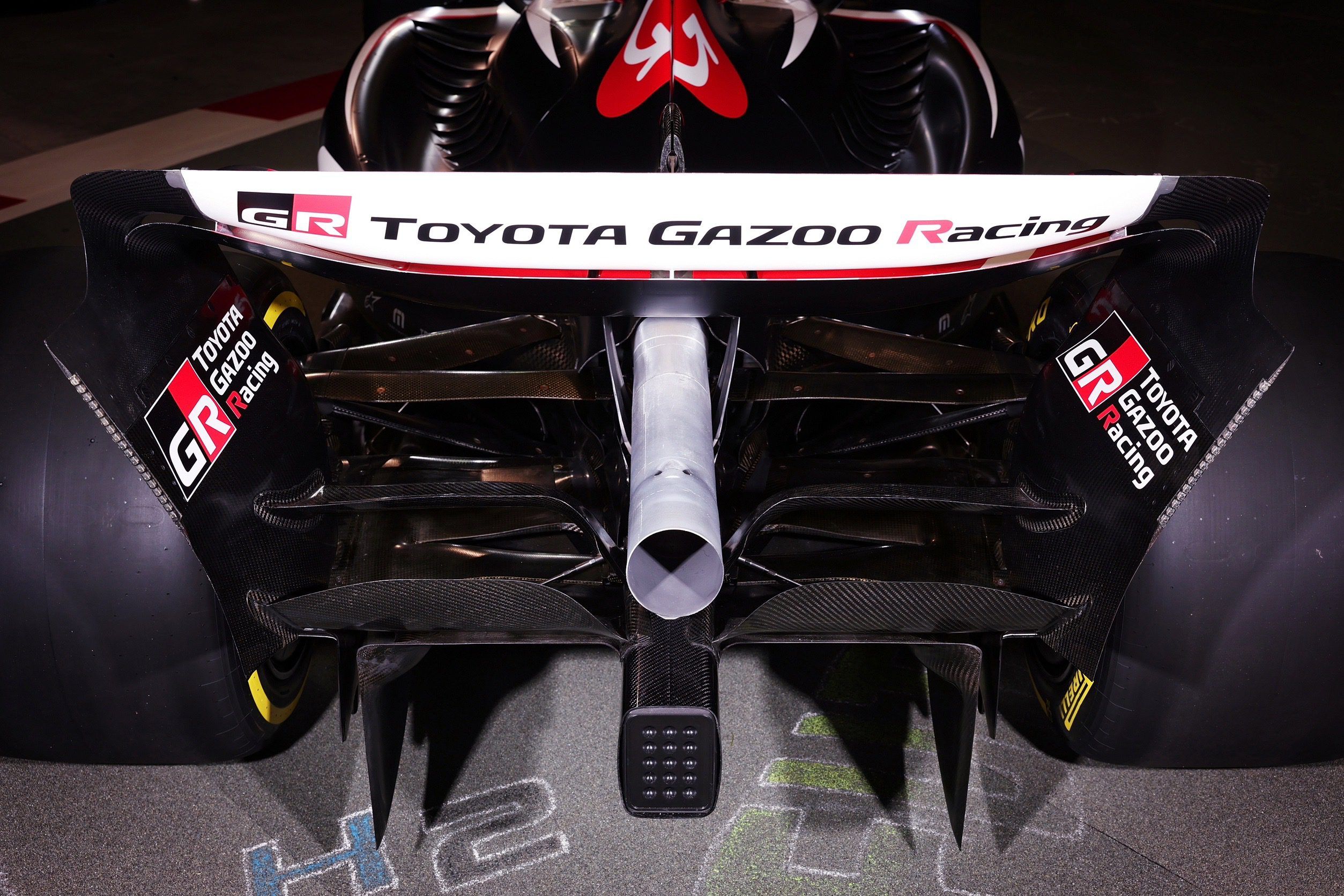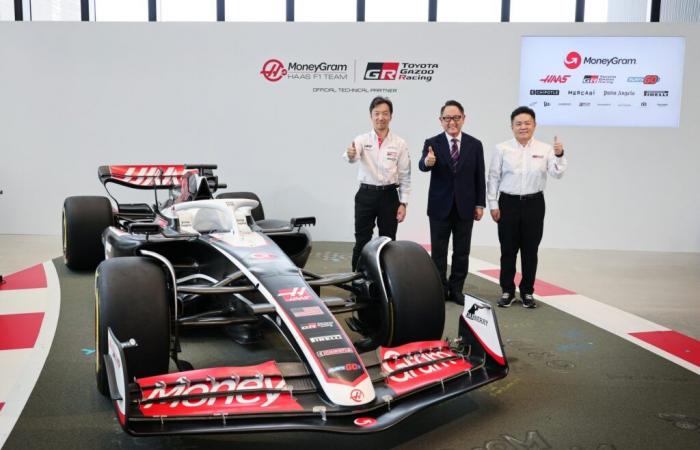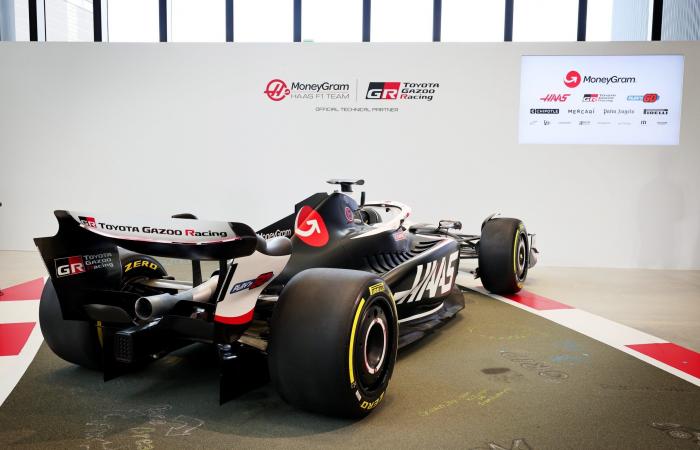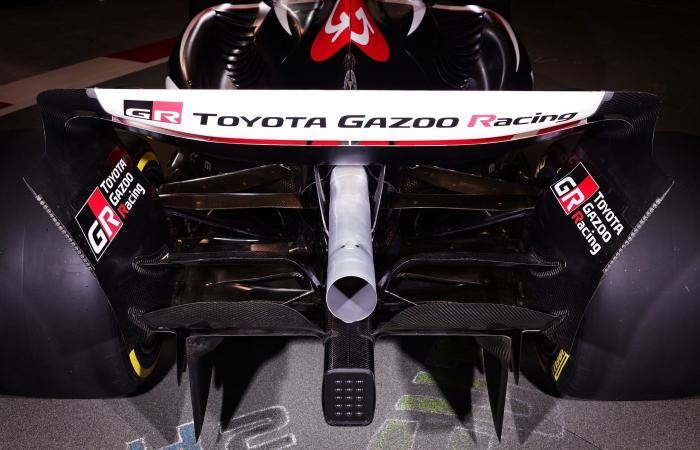After several years of absence, rumors about a possible return of Toyota to Formula 1 are becoming more and more pressing. The Japanese automaker, which left the championship in 2009, appears to be quietly preparing its re-entry, leveraging its recent motorsport successes and advances in hybrid technologies. Although no official confirmation has yet been given, industry sources say Toyota is “gradually moving closer” to a comeback, while ensuring conditions comply with overall company objectives.
Toyota’s first foray into Formula 1 was in 2002, with a fully dedicated team based in Cologne, Germany. Despite a significant investment—estimated at more than $1 billion a year at its peak—the team left the circuit without having achieved a victory. Although Toyota often showed signs of potential, podium finishes remained rare, and financial pressures during the 2008 global recession forced the company to rethink its priorities. Their abrupt departure left fans and employees perplexed as to what results might have been achieved.
Since then, Toyota has redirected its sporting ambitions towards other areas, in particular endurance racing. Its domination in the World Endurance Championship (WEC), including several victories at the 24 Hours of Le Mans, highlighted its technical skills, particularly with hybrid engines. These successes particularly resonate with Formula 1’s current shift towards more sustainable practices, as the championship now places emphasis on hybrid technology, alternative fuels, and carbon-neutral operations.
The current F1 landscape offers an almost unprecedented value proposition for manufacturers, very different from what Toyota has encountered before. Introduced to contain profligate spending, the budget cap and growing commercial prosperity in key markets make Formula 1 more attractive than ever. For a company like Toyota, which already has considerable resources and a global presence, the opportunity to showcase cutting-edge technologies on motorsport’s most prestigious stage could prove irresistible.
However, Toyota appears to be approaching this possibility with caution. Recent comments indicate that the company is evaluating the long-term implications of this return, balancing financial, technological and branding considerations. If Toyota decides to return to F1, it would mark a major turning point for the championship, bringing another heavyweight manufacturer to challenge the current grid.

In the meantime, fans have no choice but to speculate as Toyota carefully grooms the field for what could be an electrifying comeback. If and when the announcement is made, the return of the Japanese giant will certainly reignite the excitement and ambitions that marked its early era in Formula 1.
Images provided by the Toyota press room








